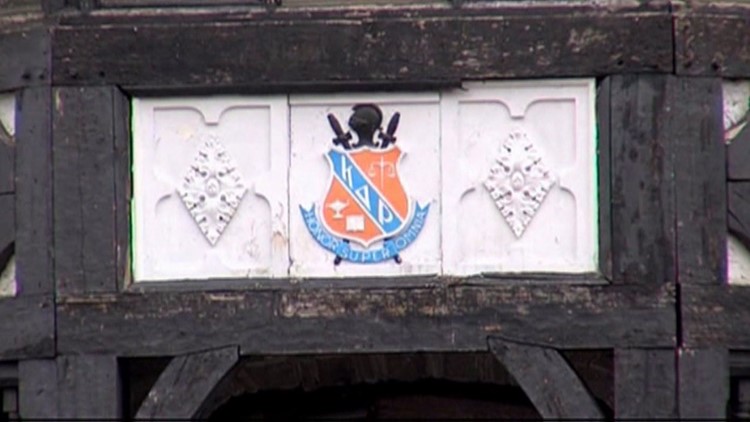UNIVERSITY PARK, Pa. — Penn State University pulls the rug from the Kappa Delta Rho fraternity State College chapter. The fraternity will no longer be recognized on the University Park campus due to “a persistent series of deeply troubling activities,” according to University leaders, who have reversed a decision by the student-led Interfraternity Council (IFC), the governing body for fraternities at Penn State. The withdrawal of recognition is for a three-year period.
“We base this decision on the sum of misbehaviors exhibited by various members of Kappa Delta Rho. Not every member of the chapter was equally culpable for violation of the University’s expectations for recognized student organizations,” said Damon Sims, vice president for Student Affairs, in a letter to the IFC. “Even so, the sum of the organizational misbehaviors is far more than the University can tolerate from a student organization that seeks its imprimatur.”
The behaviors outlined in the letter include several instances of hazing, the use and sale of drugs and underage drinking, as well as persistent harassment of two females, and “photographing individuals in extremely compromising positions and posting these photos” online.
In March, reports surfaced of the fraternity’s private Facebook site containing photos of nude women, some who appeared to be unconscious, and other highly inappropriate images of activities undertaken by members.
The University’s investigation concluded that some KDR fraternity members had over the course of time engaged in sexual harassment and misconduct; hazing activities, such as forcing pledges to run errands, clean the fraternity house, and participate in boxing matches; and had forced pledges to “plank with bottle caps on their elbows.” This means they were forced to hold up their body weight on their arms with bottle caps placed underneath.
Pledges also were made to create stories containing pornographic images and a “sex position of the day;” members regularly posted embarrassing photos of women; used demeaning language to describe females; and cultivated a persistent climate of humiliation for several females.
“The investigative report makes clear that some members of the KDR chapter promoted a culture of harassing behavior and degradation of women. These are not acceptable actions within a student organization that is recognized and supported by Penn State,” Sims said. “We must respond accordingly, and we hope by doing so it is clearly understood that our University will not tolerate such actions.”
Initially, the IFC determined KDR could maintain its designation as a Penn State fraternity, and would instead agree to steps to change the culture of the fraternity through a comprehensive new member education program, participation in sexual assault and bystander intervention training, and other several other measures.
In his letter, Sims indicated that while University leadership generally defers to the judgment and decisions of the IFC, Penn State’s standing as an educational institution “and its responsibilities compel a stronger response” than the IFC recommended.
Sims said the University remained committed to student involvement in institutional decision making, an important part of the process, and would not retreat from that practice.
Along with rescinding the fraternity’s recognition on campus for three years, the University’s Office of Student Conduct also will handle any cases of individual members who have been found in violation of Penn State’s student code of conduct.



